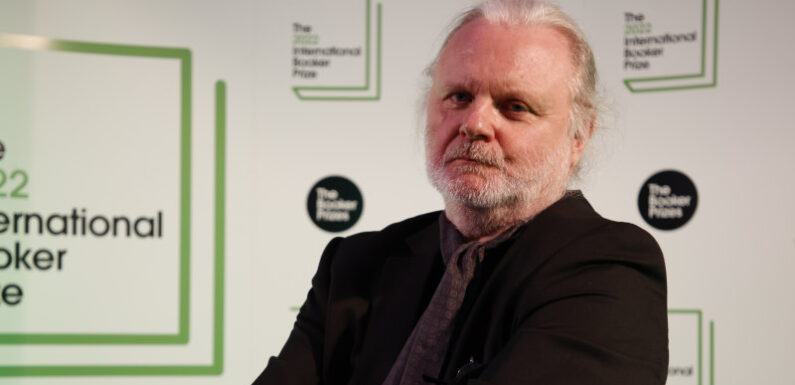
Save articles for later
Add articles to your saved list and come back to them any time.
Stockholm: The Nobel Prize in Literature has been awarded to Norwegian playwright and novelist Jon Fosse.
Mats Malm, permanent secretary of the Swedish Academy, announced the prize on Thursday in Stockholm.
“I am overwhelmed, and somewhat frightened. I see this as an award to the literature that first and foremost aims to be literature, without other considerations,” Fosse, who is also a poet, said in a statement.
Author Jon Fosse’s work has been translated into more than 40 languages.Credit:
Fosse, 64, who writes in the least common of the two official versions of Norwegian, said he regarded the award as a recognition of this language and the movement promoting it, and that he ultimately owed the prize to the language itself.
Known as “new Norwegian” and used by only about 10% of the country’s population, Fosse’s version of the language was developed in the 19th century with rural dialects at its base, making it an alternative to the dominant use of Danish that followed from a 400-year union with Denmark.
In addition to more than two dozen plays, the prolific writer has also published novels, essays, collections of poetry and a string of children’s books over a period of four decades.
According to his publisher, Fosse’s work has been translated into more than 40 languages, and there have been more than 1,000 different productions of his plays.
The Nobel Prizes carry a cash award of 11 million Swedish kronor ($1.5 million) from a bequest left by their creator, Swedish inventor Alfred Nobel. Winners also receive an 18-carat gold medal and diploma at the award ceremonies in December.
On Wednesday, the chemistry prize was awarded to Moungi Bawendi of MIT, Louis Brus of Columbia University, and Alexei Ekimov of Nanocrystals Technology Inc.
Earlier this week, Hungarian-American Katalin Karikó and American Drew Weissman won the Nobel Prize in Medicine on Monday for discoveries that enabled the creation of mRNA vaccines against COVID-19.
On Tuesday, the physics prize went to French-Swedish physicist Anne L’Huillier, French scientist Pierre Agostini and Hungarian-born Ferenc Krausz for producing the first split-second glimpse into the super-fast world of spinning electrons.
AP and Reuters
Get a note direct from our foreign correspondents on what’s making headlines around the world. Sign up for the weekly What in the World newsletter here.
Most Viewed in World
From our partners
Source: Read Full Article
